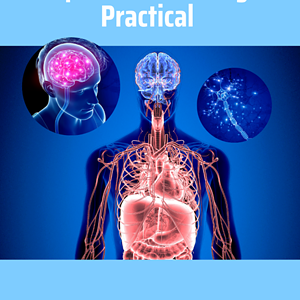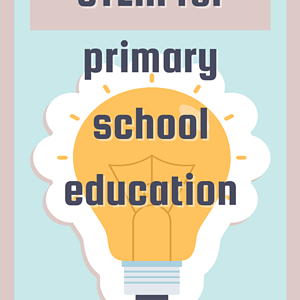Introduction
Good morning, everyone and welcome to the training course on application of AI, Insurance Technology, and Real Estate Technology. My name is Alexander A., and I am thrilled to be your instructor for today. This course is designed to provide an introduction on how Artificial Intelligence (AI), Insurance Technology, and Real Estate Technology can be used in various industries. We will explore the uses of these technologies across different sectors and discuss their relevance in current trends. We will also go through the steps involved in implementing these technologies into business operations. By the end of this course, you should have a good understanding of how AI, Insurance Technology, and Real Estate Technology can benefit organizations by streamlining processes, reducing costs, and providing innovative solutions. You will also gain insight into some of the common challenges associated with integrating modern technology into existing systems.
I look forward to discussing this material with you all throughout our session today!
Objectives
- Understand the fundamental concepts of Artificial Intelligence (AI) and its application in the Insurance and Real Estate industries.
- How AI technology improves customer experience in Insurance and Real Estate markets.
- Acquire knowledge about new technologies such as data analytics, Natural Language Processing, Machine Learning, and Blockchain for use in InsurTech and PropTech products.
- Explore best practices for implementing AI solutions to maximize success in the Insurance and Real Estate industry.
- Develop proficiency with industry-standard tools to create innovative products that apply AI to insurance-related problems such as fraud detection and customer segmentation.
- Practice developing competitive strategies that leverage existing IT infrastructure while reducing overall costs associated with implementation of AI-driven applications.
Course outline
Module 1. Introduction to AI
-Overview of AI technologies and how they are being applied in the current technology market.
Module 2. Understanding Insurance Technology
-How insurance technologies work and their implications for the customer experience.
Module 3. Exploring Real Estate Technology
-Examining the impact that digital technologies have had on real estate markets and transactions.
Module 4. Applying AI Technologies to Insurance and Real Estate
-Utilizing machine learning, predictive analytics, and other AI tools to improve customer service, increase profits, and provide better products/services within these industries.
-New technologies such as data analytics, Natural Language Processing, Machine Learning, and Blockchain for use in InsurTech and PropTech products.
-Best practices for implementing AI solutions to maximize success in the Insurance and Real Estate industry.
-How AI technology improves customer experience in Insurance and Real Estate markets.
-Fundamental concepts of Artificial Intelligence (AI) and its application in the Insurance and Real Estate industries
Module 5. Implementing Data Governance Strategies
-Establishing data governance policies and procedures to ensure safe collection, storage, tracking, analysis, usage of customer data across all involved systems/platforms.
– Practice developing competitive strategies that leverage existing IT infrastructure while reducing overall costs associated with implementation of AI-driven applications.
Module 6. Compliance Considerations
-Understanding relevant regulations related to data privacy in the insurance & real estate domains (e.g., GDPR).
Module 7. Analytics Techniques for Insuring & Managing Properties
-Leveraging big data techniques such as natural language processing (NLP), sentiment analysis, clustering algorithms etc., to gain meaningful insights related to various policy/property activities/transactions.
Module 8. Developing Chatbots for Customer Service Automation & Relationships Management
-Designing conversational agents using machine learning algorithms with personalized messaging capabilities across a variety of input devices (voice recognition etc.) for automated customer support/servicing over multiple channels (SMS/web).
Module 9. Building Analytics Platforms for Risk Assessment & Measurement Across Industries
-Creating platform infrastructures that are tailored towards providing personalized advice tailored risk mitigation strategies based on analytical insights across industries such as insurance & real estate investments.
Module 10: Test




Reviews
There are no reviews yet.